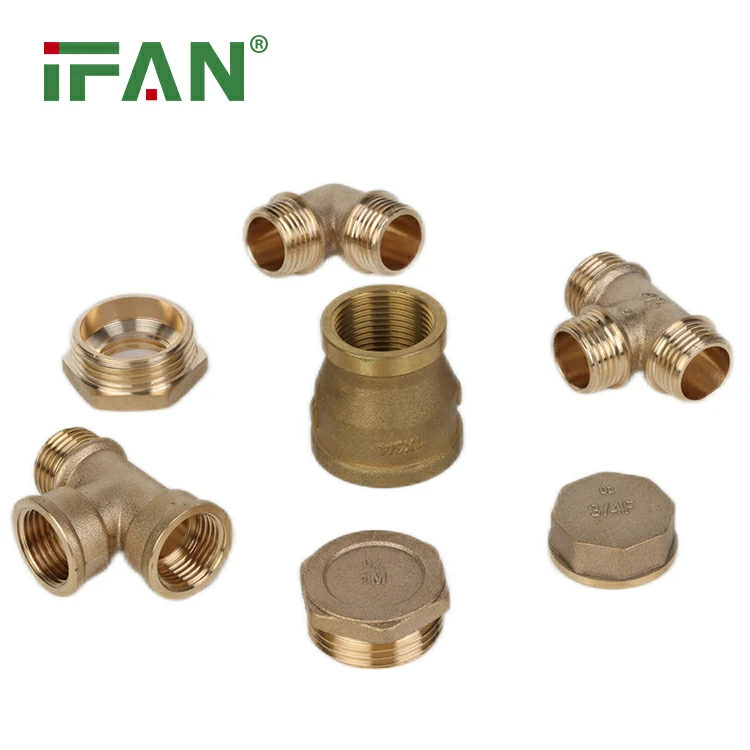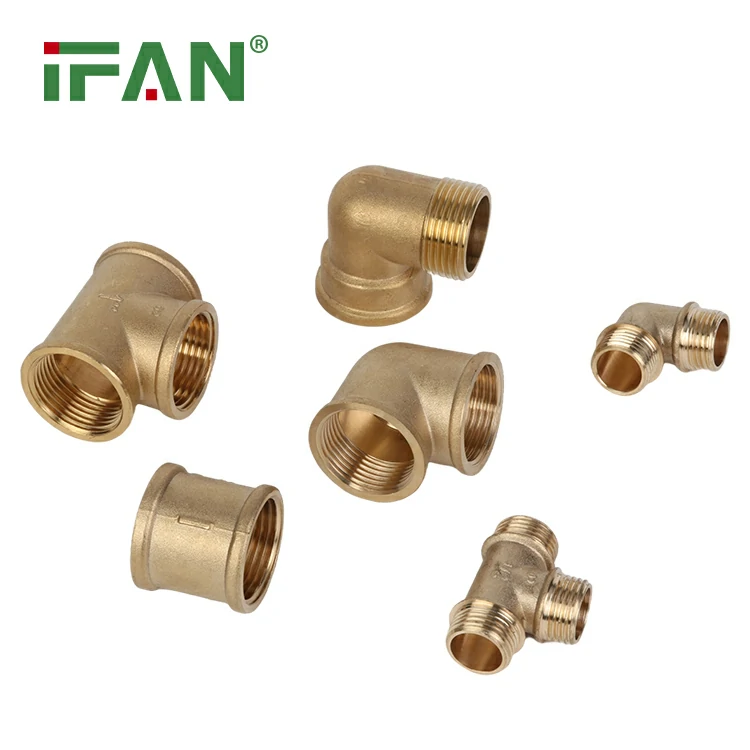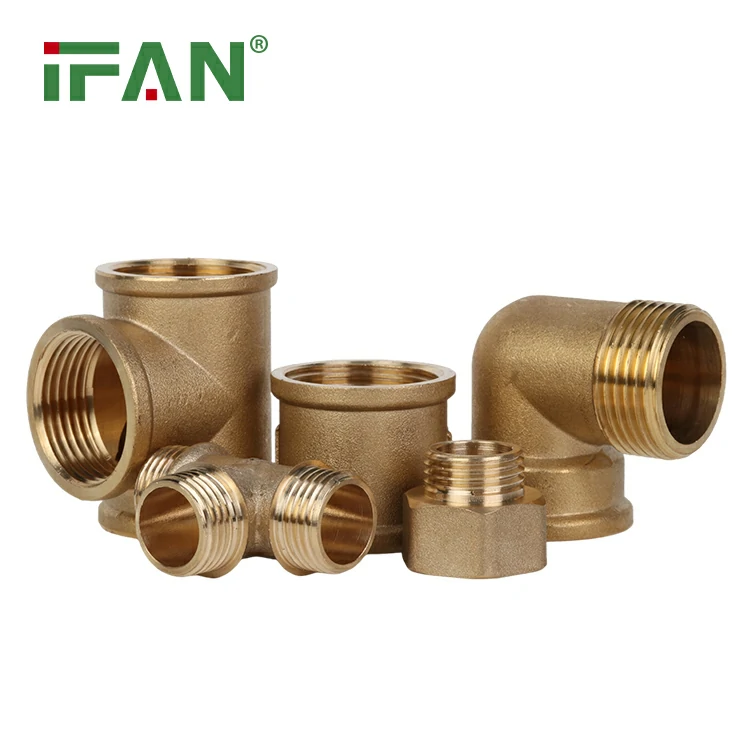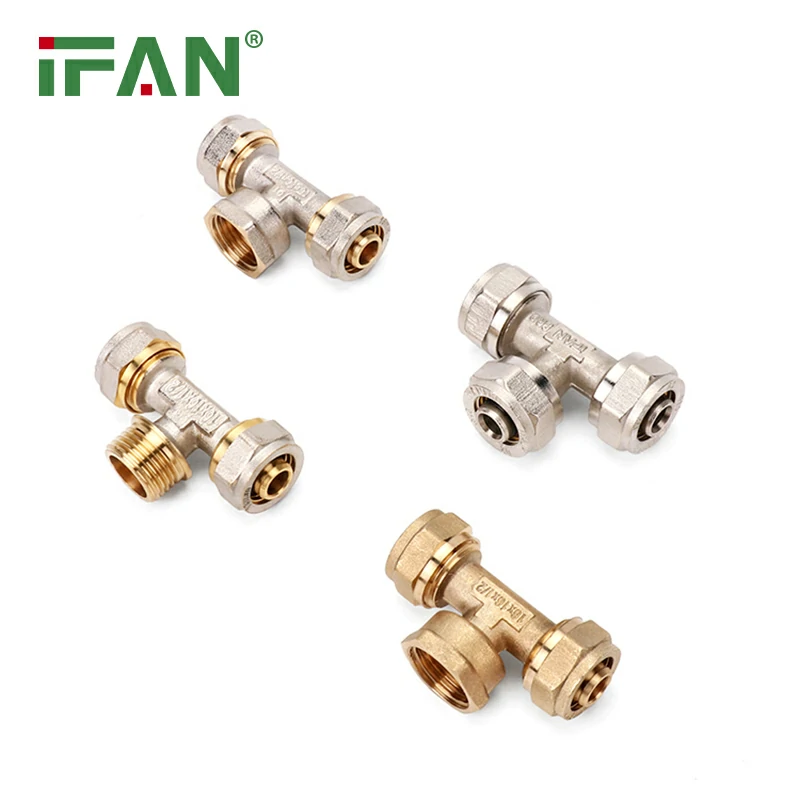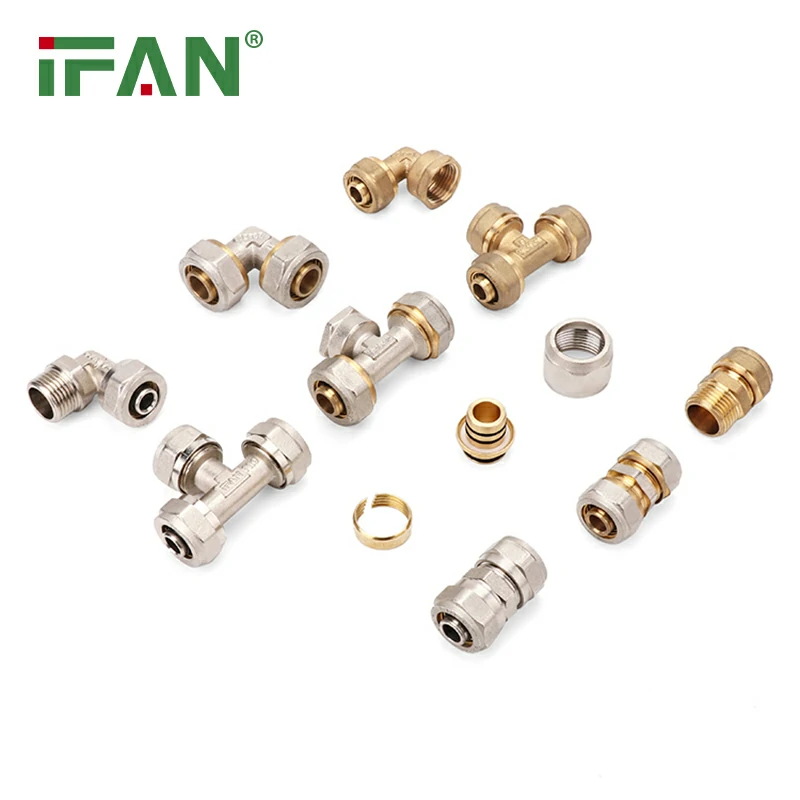CPVC Pipes: Chemical Resistance for Your Plumbing System
Introduction:
CPVC pipes offer numerous benefits for the plumbing industry. These thermoplastic pipes are produced from chlorinated polyvinyl chloride (CPVC), which is a durable material that resists the effects of chemicals.
Benefits of CPVC Pipes:
- Chemical resistance: CPVC pipes are resistant to a wide range of chemicals, making them perfect for use in various applications where other materials fail.
- High-temperature resistance: Pipes made from CPVC have excellent high-temperature resistance. This is because CPVC can withstand temperatures up to 200°F (93°C) without degrading.
- Durable: CPVC pipes have a long lifespan, and they don’t corrode or rust, making it a fantastic choice for industrial applications where extreme conditions are present.
- Easy to install: CPVC pipes can be easily installed without the need for special tools or welding. The process is fast and straightforward, allowing for quick pipe installation.
- Cost-effective: CPVC pipes are also cost-effective compared to other materials, making it an excellent choice for those looking to stay within a budget.
Applications of CPVC Pipes:
- Chemical processing plants: CPVC pipes are ideal for use in chemical processing plants, where they can withstand highly corrosive chemicals without deteriorating.
- HVAC systems: Pipes made from CPVC are suitable for use in HVAC systems, where high-temperature resistance is essential.
- Residential and commercial plumbing: CPVC pipes are perfect for residential and commercial plumbing applications, such as hot and cold water supply lines and distribution pipes.
Conclusion:
In conclusion, CPVC pipes offer numerous benefits and are an excellent choice for various applications where chemical and high-temperature resistance are required. Their cost-effectiveness, durability, and ease of installation make them an attractive alternative to other materials in industrial, HVAC, and plumbing industries.

